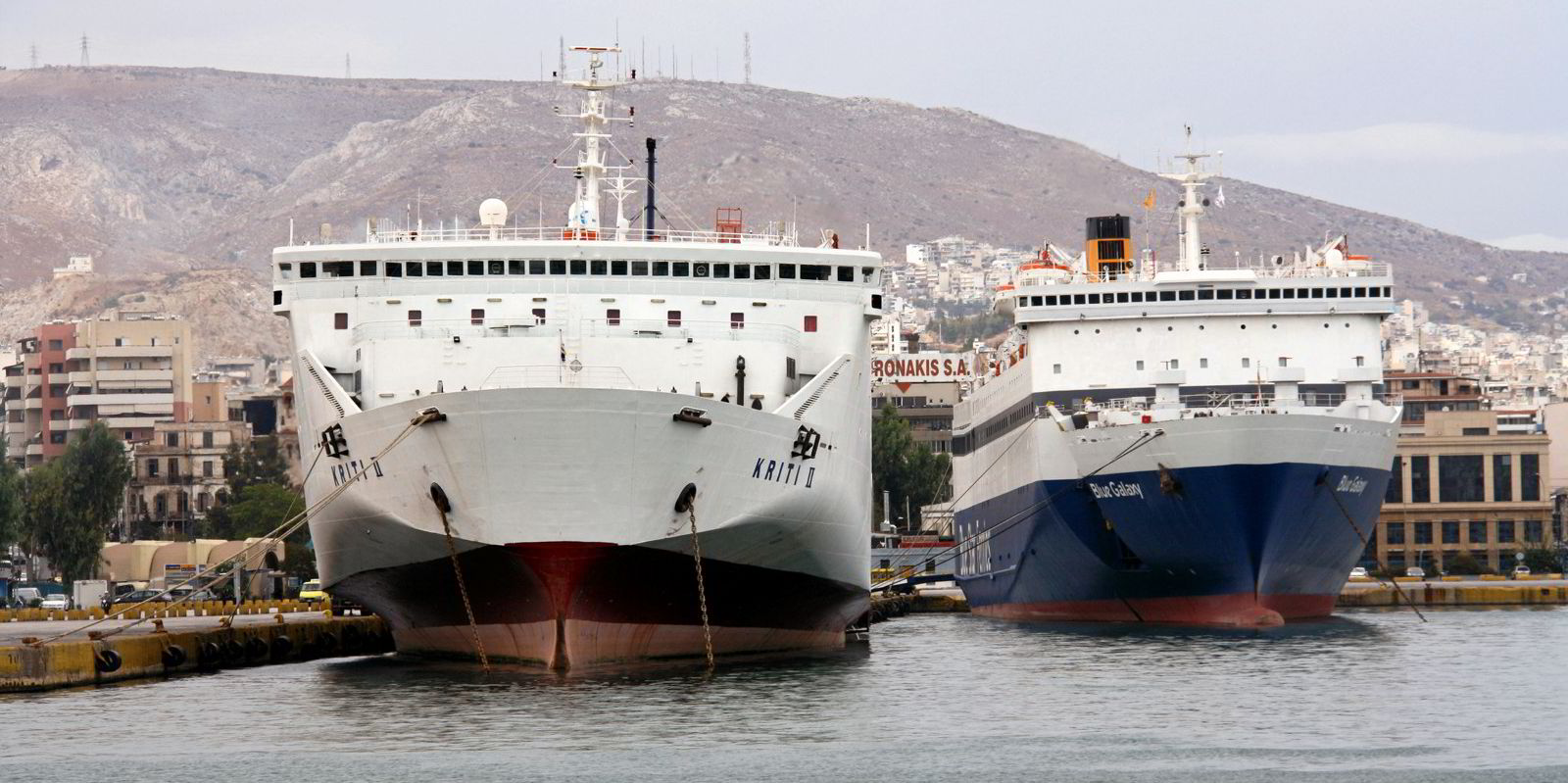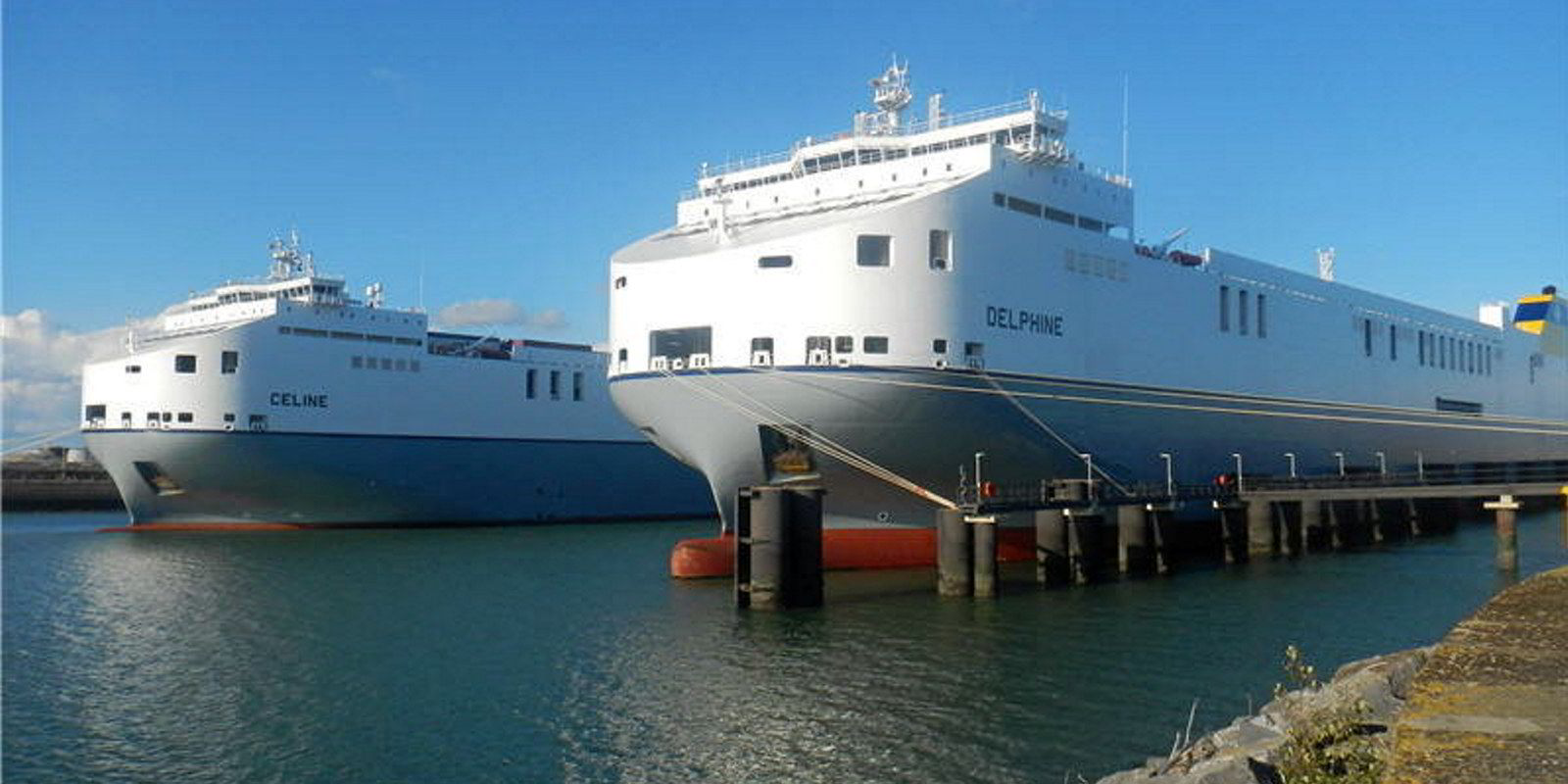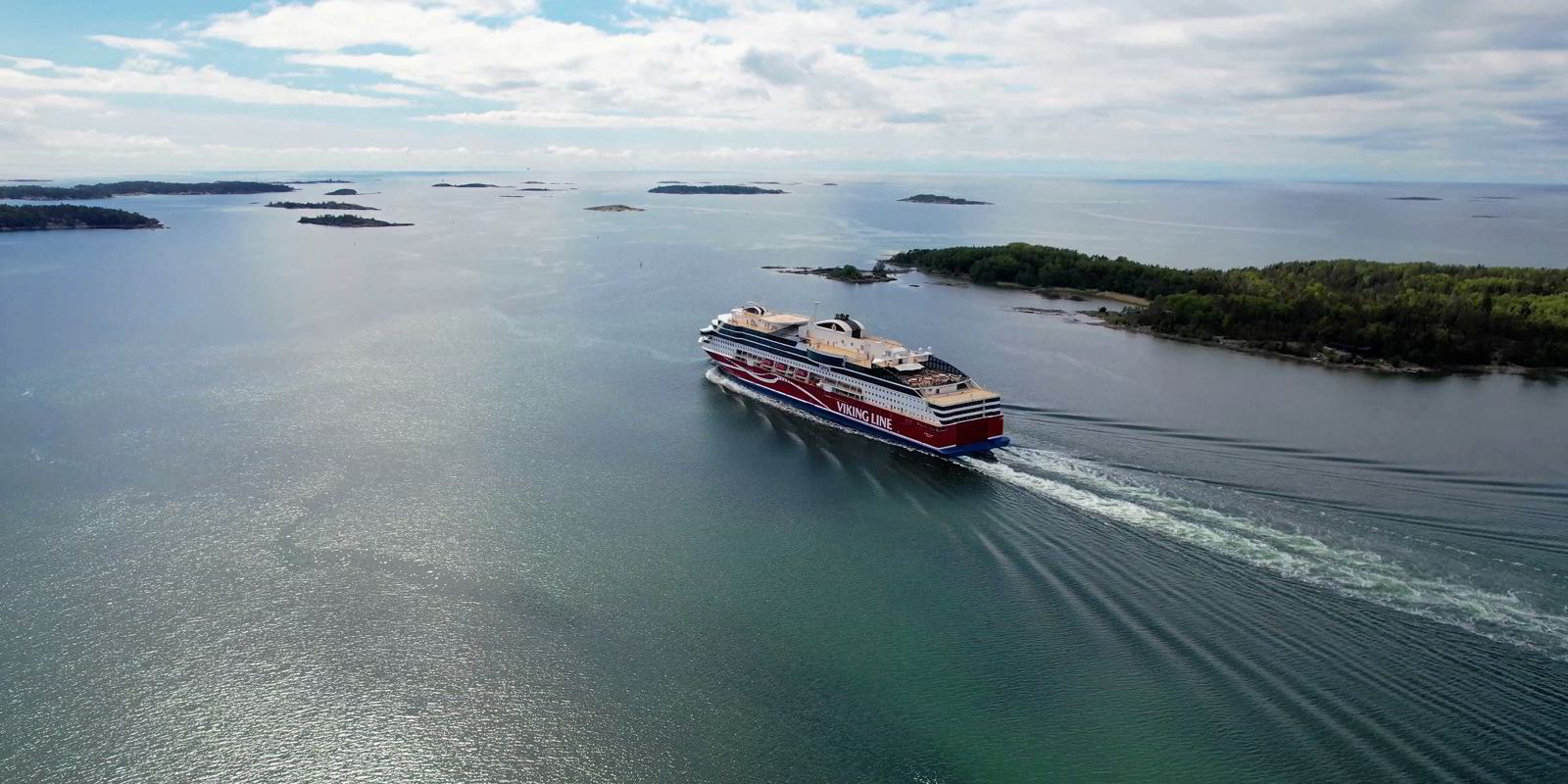Financial weakness, technological uncertainty and government meddling have caused Greece to lose ground in the race to renew its over-aged and under-invested ferry fleet, a new industry report shows.
Written by a close watcher of the scene, the document criticises recent owner moves to buy ships built decades ago in lieu of pursuing large-scale newbuilding programmes.
“Latest sale-and-purchase transactions are extremely disappointing, considering that ships entering the fleet are about 40, or in the best case 30 years old,” wrote XRTC Business Consultants head George Xiradakis.
“Nobody can be pleased with such a back-tracking of the market, which used to be the most modern in Europe 20 years ago,” added Xiradakis, who has been tracking the market over this entire period.
With about 150 ships transporting more than 100,000 travellers on a busy summer day, Greece is Europe’s biggest passenger ship market.
With 86% of the ships plying the country’s waters being more than 20 years old, however, the industry faces an acute fleet renewal problem.
New ships are the only option to renew the fleet and shipping companies’ newbuilding plans remain modest, said Xiradakis, whose annual XRTC report provides the most thorough analysis of the market.
It would be unfair to lay the blame for this entirely at the owners’ door, the review shows.
Greek ferry companies managed to survive a tourism slump in the wake of the coronavirus pandemic, but their financial position remains fragile and insufficient to support large-scale fleet renewal programmes.

Grimaldi firm Minoan Lines and Anek Lines, two of Greece’s three publicly held firms, continued spilling red ink in 2022.
Attica Group, Greece’s largest public operator, did post a modest €17.5m profit ($19.1m) for the year but that was largely due to its fuel-cost hedging rather than its operating results.
Between 2020 and 2022, Attica, Anek and Minoan notched up €155m in losses between them.
Things are looking up this year.
In August, Greek regulators approved a merger between Attica and cash-strapped Anek, essentially saving the latter from bankruptcy.
More importantly, Greek tourism flows strengthened, bolstering ferry operators’ income. Operators rushed to benefit from the bonanza, raising ticket prices.
Consumer populism?
They were forced to backtrack on some of the hikes, however, after the government intervened in July to protect local commuters and holidaymakers from rising inflation.
Following media reports slamming ferry companies for gouging customers, Greece’s freshly re-elected prime minister Kyriakos Mitsotakis personally threw his weight in with owners to offer some rebates.
Prodded by the government and helped by falling fuel costs, ferry companies promptly complied.
This did not ingratiate them with the public, however. Rebates did not retroactively apply to trips booked before mid-July and were often targeted to specific and restricted groups of clients, such as islanders or families with more than two children.
Much of the public criticism is unfair, Xiradakis argued.
“The market does not profiteer — it merely tries very hard to survive amid a flurry of threats and its own weaknesses,” he wrote in the XRTC report.
Contrary to media headlines about price gouging and according to Xiradakis’ calculations, the Greek ferry industry’s Ebitda margin remained steady between 2018 and 2022 at about 10%.
“Price policies adopted over the past couple of years may not be popular but they… allow firms to meet obligations towards employees, suppliers, ship maintainers and borrowers,” he wrote.





